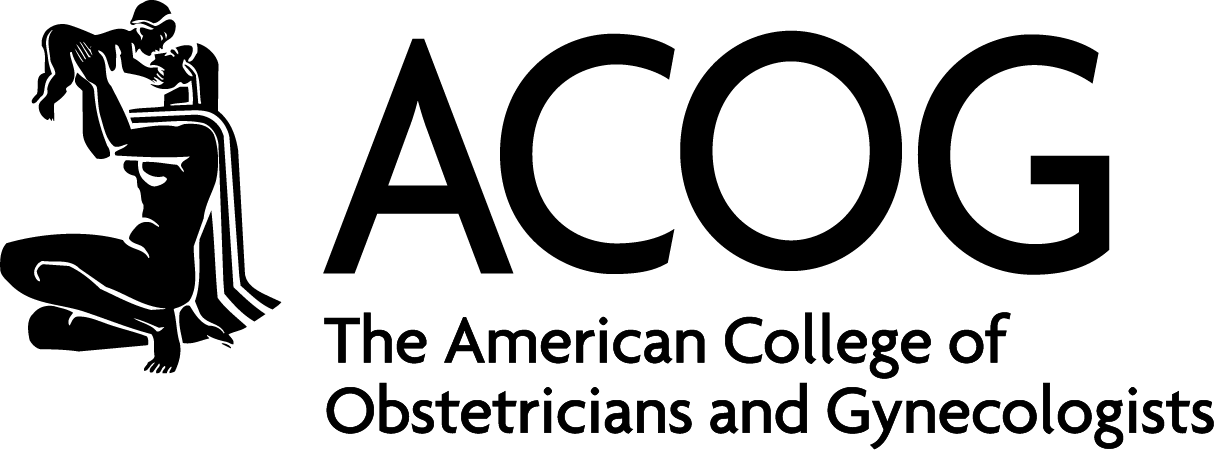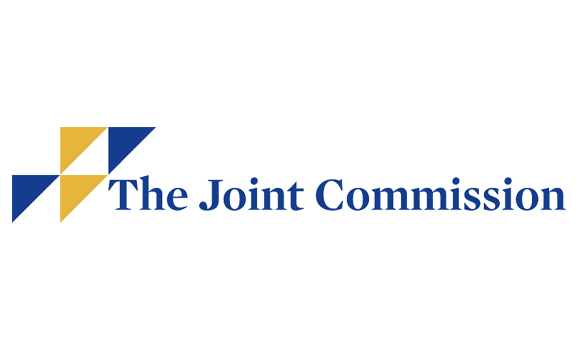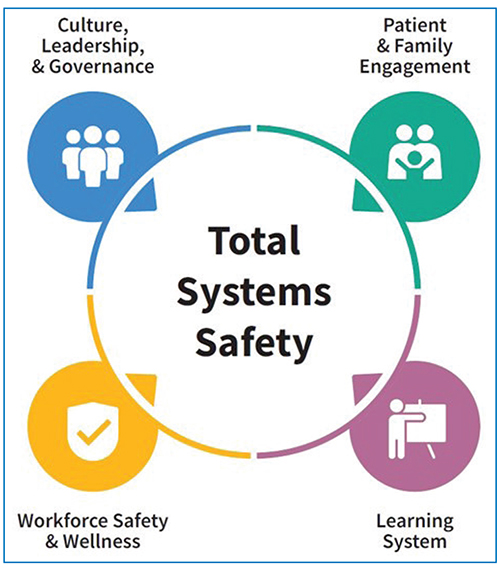
Editor's Note The Trump administration ordered federal health officials this week to share personal data from Medicaid enrollees with deportation authorities, the Associated Press (AP) reported June 14. According to the report, the Centers for Medicare and Medicaid Services (CMS) was given just 54 minutes on Tuesday to transfer enrollee…

Editor's Note Pain among patients undergoing in-office gynecologic procedures is widely underestimated and ineffectively treated, particularly for those with trauma histories, chronic pain, or marginalized identities, according to a new Clinical Consensus from the American College of Obstetricians and Gynecologists. The report stresses that individualized, evidence-informed, and trauma-sensitive strategies are…

Editor's Note Gender bias in surgery goes far beyond barriers for individuals, according to a study published April 8 in The American Journal of Surgery. Ethnographic data reveals women surgeons face entrenched structural inequities that influence their daily work lives, limit their professional standing, and shape perceptions of surgical competence,…

Editor's Note In a November 12 letter to Congress, the American Hospital Association (AHA) outlined its priorities for the lame-duck legislative session, focusing on measures to stabilize hospitals and health systems facing significant financial and operational pressures. If enacted, these recommendations would support the nation’s healthcare infrastructure amid rising…

Editor's Note The Joint Commission and National Quality Forum (NQF) announced on September 3 they are now accepting applications for the 2024 John M. Eisenberg Patient Safety and Quality Awards. The application window is open until October 29, 2024. The annual awards, which recognize major achievements by individuals and organizations…

Editor's Note Contradicting previous research suggesting potentially improved surgical outcomes for female surgeons, the largest analysis to date finds that gender has only a small statistical, clinically marginal correlation. Appearing in the September issue of Annals of Surgery, the study involved 4,882,784 patients operated on by 11,955 female surgeons (33%…

Editor's Note Recent research sheds new light on addressing two of the most pressing problems for surgical care: handoff communication failures and care bias and inequities leading to adverse—and preventable—events. These problems are the subjects of two separate success stories in the August issue of The Joint Commission Journal…

From integrating new technology to navigating shifts in care delivery and mitigating burnout, the most pressing challenges for healthcare organizations tend to be multifaceted problems that demand multifaceted solutions. For evidence of that, look no further than the Top 10 Patient Safety Concerns 2024 list from ECRI. For every risk…

Takeaways • The Joint Commission eliminated 56 redundant or outdated Elements of Performance, revised four others, and is using more checklists. • The Joint Commission is emphasizing healthcare equity and identifies it as a priority to address healthcare quality and safety, calling organizations to integrate health equity into their QAPI…
Editor's Note Supply chain professionals can contribute to a more affordable, equitable health care system by spending more with suppliers in economically disadvantaged areas; expanding distribution into in-home care; and leveraging data and technology. According to a November 28 report in Healthcare Purchasing News, these were among the conclusions of…